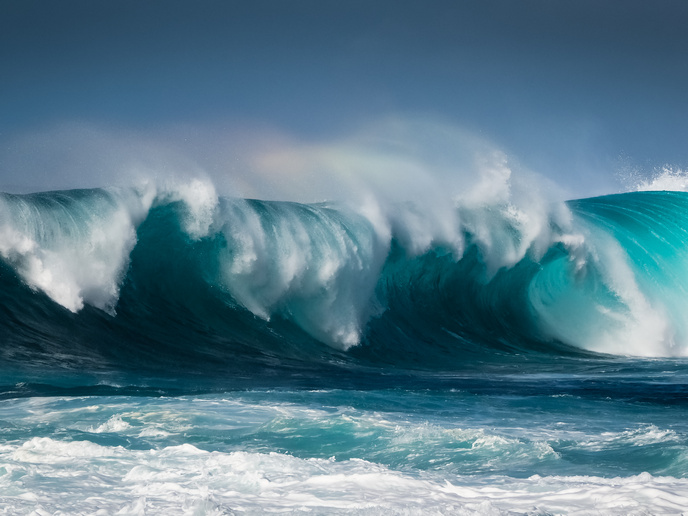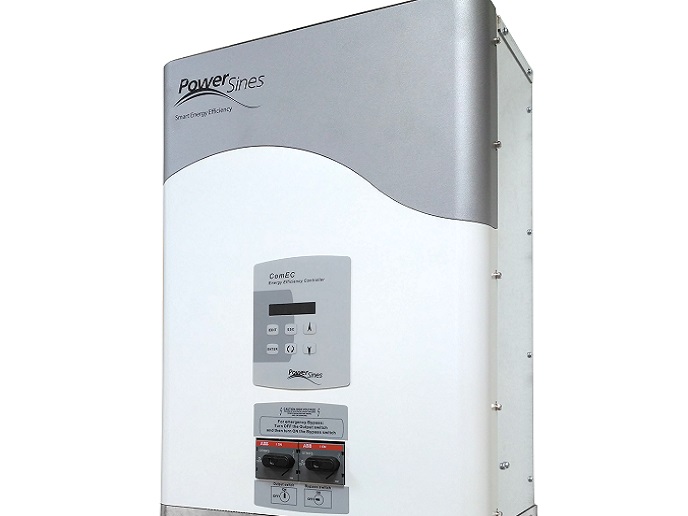New intelligent turbine set to revolutionise tidal power
With water covering around two thirds of the Earth’s surface, marine energy projects are likely to play a crucial role in the scaling up of renewable energy production, while preserving valuable land space. “Tidal energy in particular has the potential to provide a new source of clean, abundant and predictable energy to many regions of the world,” says ELEMENT(opens in new window) project coordinator Gavin Denham from Nova Innovation(opens in new window) in the United Kingdom. “For this, we are developing tidal turbines that sit underwater, on the seabed. This means that the beauty of the landscape is preserved; there are no dams or barriers; and the turbines work in harmony with marine wildlife.”
Intelligent control system for tidal turbines
The focus now is on making this innovation as competitive as possible. To achieve this, the EU-funded ELEMENT project set out to develop an intelligent tidal turbine control system. The aim was to apply behavioural modelling and sophisticated controls, to optimise turbine performance and enable peak loads in the harsh marine environment to be better managed. As well as improving output and the overall life of the turbine, the intelligent controller will lead to extended periods of effective operation, further reducing the cost of tidal energy. “We saw this as delivering a step change improvement in performance and turbine lifespan, and as something that would help to lower the lifetime cost of tidal energy,” explains Denham. To do this, the project brought together 11 European organisations. Teams of engineers worked together to bring in best practices and lessons from the wind sector, to create a new intelligent control system specifically for tidal turbines. “The design of the new control system required some modifications to be made to the turbines for various test phases,” notes Denham.
Efficiencies achieved in the marine environment
The ELEMENT intelligent control system was then tested in multiple environments, including an offshore site at the company’s tidal array(opens in new window) off the coast of the Shetland Islands in Scotland. These tests provided vital data, allowing the project team to further refine the technology for the real-world environment. The tests also confirmed performance efficiencies, as well as increased production of electricity. Importantly, the intelligent control system allowed the turbines to better anticipate and manage loads, thus enabling them to run for longer. “We applied financial modelling to these results,” adds Denham. “We estimated that the control system would reduce the cost of energy by 17.7 % over the turbine’s lifetime.”
Scaling up tidal energy at a faster rate
The technology developed in the project has already been integrated. “The control system is performing well in active turbines, with visible improvements in performance,” says Denham. “The technology will continue to be monitored, adapted and improved to ensure the potential of new and existing turbines is fully maximised.” Indeed, the achievements in ELEMENT open the door for the tidal energy sector to now scale up at a faster rate. “The overall reduction in cost of producing energy has been a major accomplishment that will increase the rate at which tidal stream is adopted,” notes Denham. “All options to further reduce costs will continue to be explored, to ensure the tidal energy sector can play a key role in helping to achieve net zero targets in the EU, United Kingdom and across the world.”







